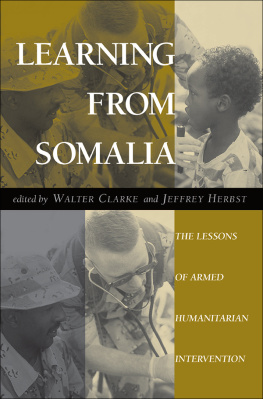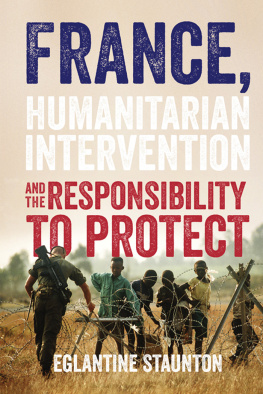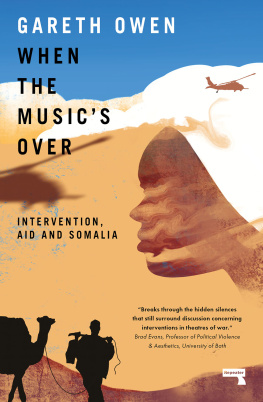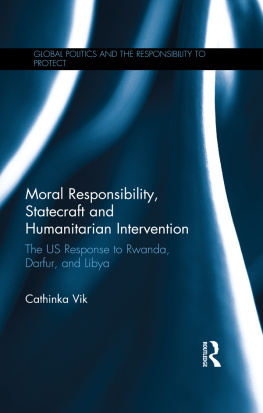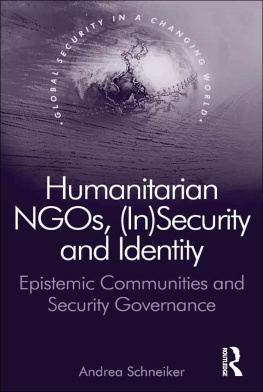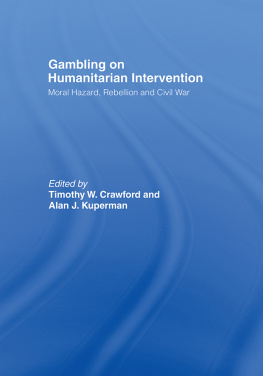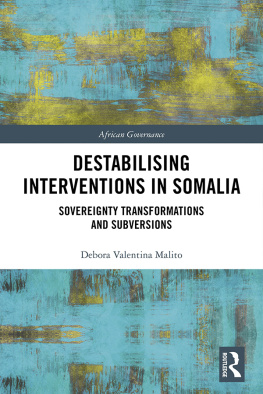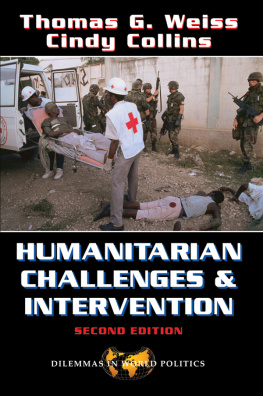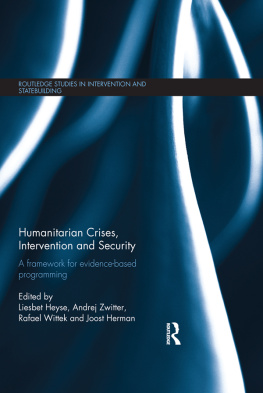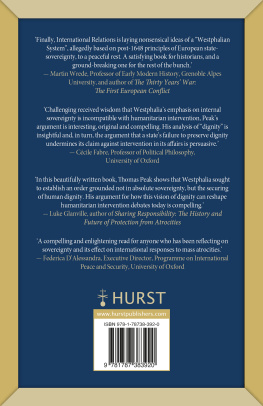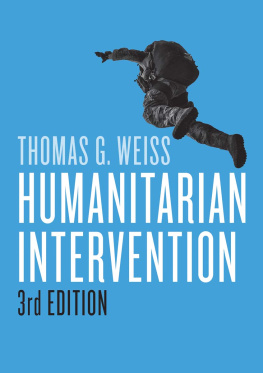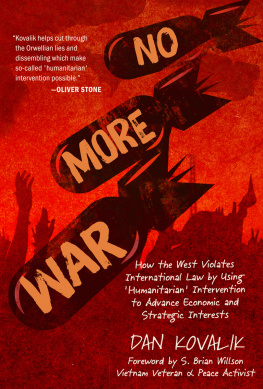Walter S Clarke - Learning From Somalia: The Lessons of Armed Humanitarian Intervention
Here you can read online Walter S Clarke - Learning From Somalia: The Lessons of Armed Humanitarian Intervention full text of the book (entire story) in english for free. Download pdf and epub, get meaning, cover and reviews about this ebook. year: 2018, publisher: Routledge, genre: Politics. Description of the work, (preface) as well as reviews are available. Best literature library LitArk.com created for fans of good reading and offers a wide selection of genres:
Romance novel
Science fiction
Adventure
Detective
Science
History
Home and family
Prose
Art
Politics
Computer
Non-fiction
Religion
Business
Children
Humor
Choose a favorite category and find really read worthwhile books. Enjoy immersion in the world of imagination, feel the emotions of the characters or learn something new for yourself, make an fascinating discovery.
- Book:Learning From Somalia: The Lessons of Armed Humanitarian Intervention
- Author:
- Publisher:Routledge
- Genre:
- Year:2018
- Rating:4 / 5
- Favourites:Add to favourites
- Your mark:
- 80
- 1
- 2
- 3
- 4
- 5
Learning From Somalia: The Lessons of Armed Humanitarian Intervention: summary, description and annotation
We offer to read an annotation, description, summary or preface (depends on what the author of the book "Learning From Somalia: The Lessons of Armed Humanitarian Intervention" wrote himself). If you haven't found the necessary information about the book — write in the comments, we will try to find it.
Walter S Clarke: author's other books
Who wrote Learning From Somalia: The Lessons of Armed Humanitarian Intervention? Find out the surname, the name of the author of the book and a list of all author's works by series.
Learning From Somalia: The Lessons of Armed Humanitarian Intervention — read online for free the complete book (whole text) full work
Below is the text of the book, divided by pages. System saving the place of the last page read, allows you to conveniently read the book "Learning From Somalia: The Lessons of Armed Humanitarian Intervention" online for free, without having to search again every time where you left off. Put a bookmark, and you can go to the page where you finished reading at any time.
Font size:
Interval:
Bookmark:
AID | (U.S.) Agency for International Development |
AOR | (UNOSOM II) Area of Responsibility |
APC | armored personnel carrier |
ASF | (U.S.) Auxiliary Security Force |
CARE | (U.S.) Cooperative for Assistance and Relief Everywhere |
CDU | Christian Democratic Union |
CENTCOM | (U.S.) Central Command, located in Tampa, Florida |
CID | Criminal Investigation Division (of the Somali National Police Force) |
CINCCENT | (U.S.) Commander in Chief, Central Command |
CIVPOL | (UNOSOM II) Civilian Police |
CMIO | (UNOSOM II) chief military information officer |
CMOC | (UNITAF) Civil Military Operations Center |
CRS | Congressional Research Service |
DART | (USAID) Disaster Assistance Response Team |
DHA | (UN) Department of Humanitarian Affairs |
DOD | (U.S.) Department of Defense |
DPKO | (UN) Department of Peacekeeping Operations |
EC | European Community |
ECOMOG | ECOWAS Monitoring Group |
ECOWAS | Economic Community of West African States |
FAO | (UN) Food and Agricultural Organization |
FAST | (U.S. Marine) Fleet Anti-Terrorism Support Team |
FFP | Food for Peace |
FM | (U.S.) Field Manual |
FRUD | Front pour la Restoration de la D\xE9mocratie |
G-12 | Group of 12 |
HOC | (UN) Humanitarian Operations Center |
H.R. | House Resolution |
HRO | humanitarian relief organization |
HRS | (UNITAF) Humanitarian Relief Sector |
ICITAP | (U.S.) International Criminal Investigation and Training Assistance Program |
Font size:
Interval:
Bookmark:
Similar books «Learning From Somalia: The Lessons of Armed Humanitarian Intervention»
Look at similar books to Learning From Somalia: The Lessons of Armed Humanitarian Intervention. We have selected literature similar in name and meaning in the hope of providing readers with more options to find new, interesting, not yet read works.
Discussion, reviews of the book Learning From Somalia: The Lessons of Armed Humanitarian Intervention and just readers' own opinions. Leave your comments, write what you think about the work, its meaning or the main characters. Specify what exactly you liked and what you didn't like, and why you think so.

